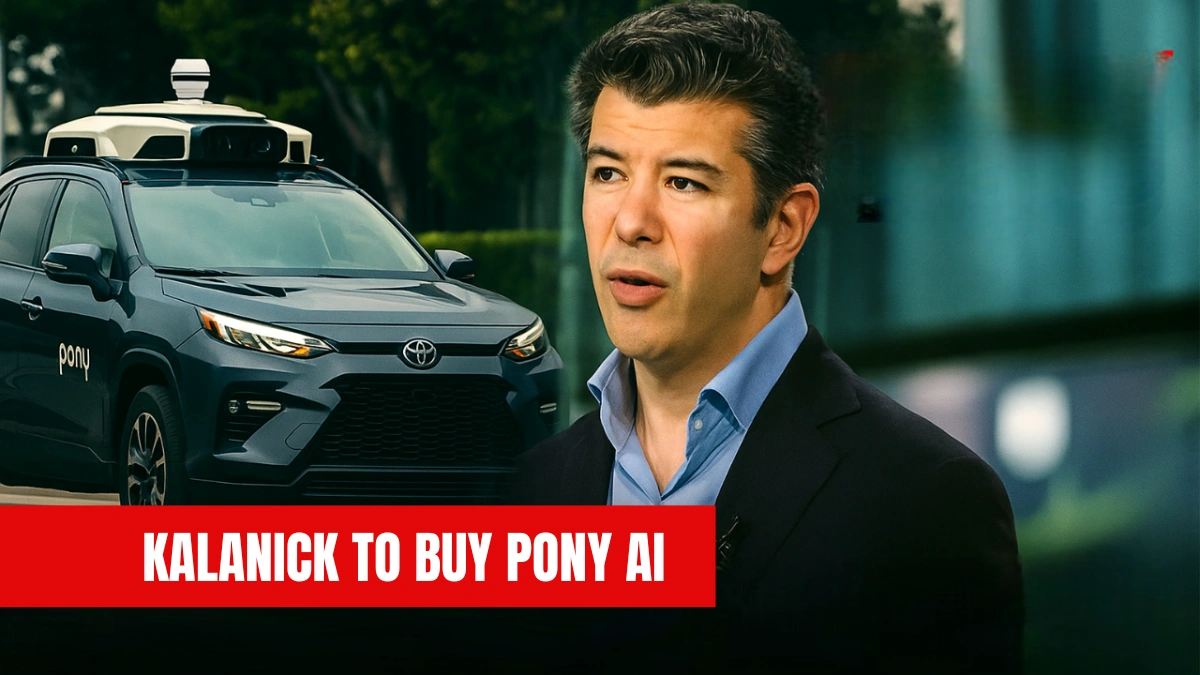Travis Kalanick, the bold founder ousted from Uber, is plotting a comeback in the world of autonomous vehicles—and this time, he’s got his eyes on Pony AI. Reports say Uber might even lend a hand in making it happen.
Key Takeaways:
- Travis Kalanick is in talks to acquire Pony AI’s U.S. division.
- Uber could support the deal, despite exiting its own AV ambitions.
- The move would mark Kalanick’s return to self-driving tech after 7 years.
- Pony AI’s U.S. business has reportedly been prepped for a spinoff since 2022.
In a dramatic twist that could reshape the autonomous vehicle landscape in the U.S., Travis Kalanick—the hard-charging, controversial founder of Uber—is reportedly working on a deal to acquire the U.S. arm of Chinese AV firm Pony AI. The move would be Kalanick’s first direct return to the self-driving car space since his 2017 departure from Uber, according to The New York Times.
What’s more intriguing? Uber might actually help finance the deal.
Pony AI, valued at around $4.5 billion, has been preparing its U.S. business for separation since 2022, reportedly creating a “forked” version of its source code to enable a spinoff or sale. Sources close to the matter say Kalanick is working with a group of investors to make the acquisition happen.
If the deal closes, Kalanick would simultaneously run both Pony AI U.S. and CloudKitchens, his current ghost kitchen startup. It’s a surprising pivot—but not entirely unexpected. He’s been leaning into robotics for years, and self-driving tech is squarely within that wheelhouse.
Remember, Uber once had its own self-driving ambitions—until a fatal Arizona accident in 2018 and subsequent legal headaches with Waymo derailed them. Current CEO Dara Khosrowshahi sold Uber’s self-driving unit to Aurora in 2020. Kalanick, speaking in March, hinted that he thought Uber gave up too soon: “Wish we had an autonomous ride-sharing product right now.”
If this acquisition goes through, it could mark the beginning of Kalanick’s second act in mobility tech—and potentially rewrite the playbook on how ex-tech giants reclaim relevance.
